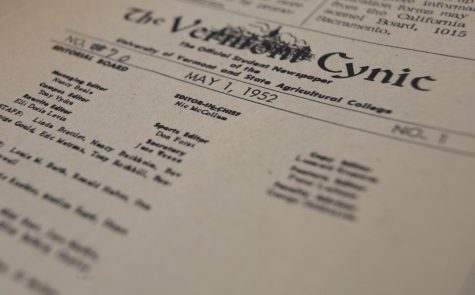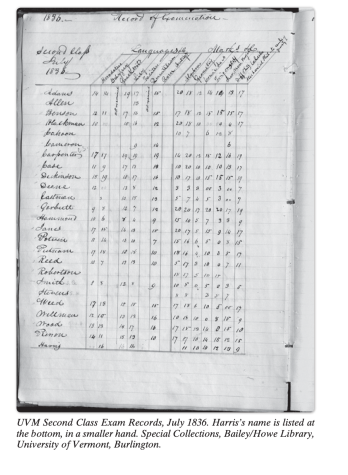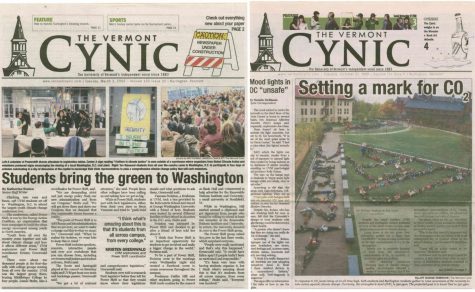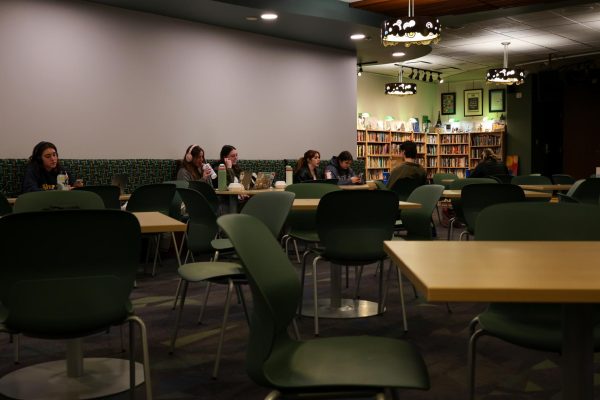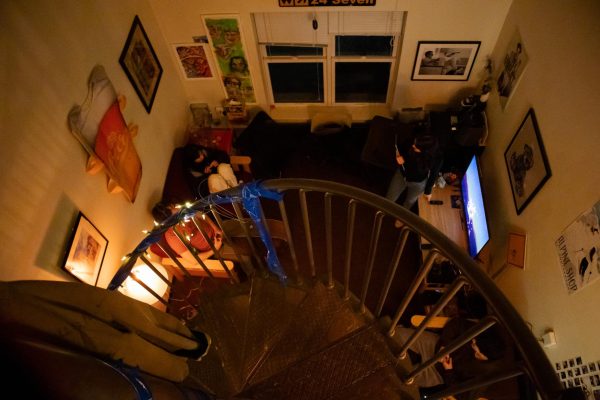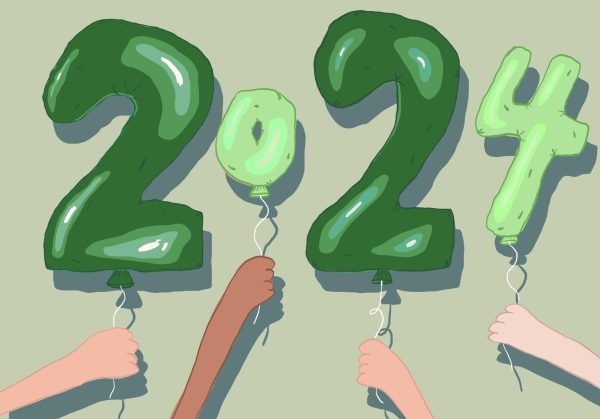Inflation: Cheque Yourself Before You Wreck Yourself
If you are an ordinary bloke like myself, you should be fairly concerned about inflation.
For those of you who haven’t taken economics classes, or just haven’t ever had the time to look up the definition, here it is. Inflation is the rate of rise in prices at a given time. Why does it matter?
Well, it matters because prices are rising and that affects some people more than others, mainly the poor people who, on fixed income, are negatively affected; whereas corporate America cashes in on it, but that’s not the topic of discussion here.
Before I get started on how inflation is happening, here is a simple analogy of the relationship between the government and the central bank to elucidate your thought process on inflation. Imagine yourself on a Friday night; penniless…impecunious…broke, because you spent all your savings buying good-looking clothes and booze to satiate your thirst for thirsty Thursday.
Now it’s Friday night and nothing could keep you from going out and spending more money on booze and impressing girls with your nice clothes.
Only one thing gets in the way: you have no money. But you reach into your wallet and pull out dad’s ol’ credit card, which he always advised you to use wisely and only use during emergencies.
You look at the card and convince yourself that the occasion is quite an emergency, because being deprived of a good time is horrible.
So you go out to the bars and buy all your friends a drink and run up a tab of $200.
The next week your dad calls you up after seeing the CC bill, to remind you that you are an irresponsible duffer.
Now, take things on a much grander scale. Think of yourself, in your dad’s words “an irresponsible duffer,” as George Bush and the Senate, and your dad as the US central bank, the FED.
The only difference is that your dad calls you a duffer if you spend too much money on uncalled for events, but the director of central bank, Alan Greenspan, can never call up Bush and say “hey moron, stop spending money that doesn’t exist on uncalled for blunders of your regime.”
The recent slew of environmental disasters; Katrina, Rita, Wilma, and the earthquake in Pakistan has prompted the US government to dig deep into its pockets and spend more than $50 billion to just keep things up and running…quite inefficiently I may add; reports say that it is spending $100 million/day to house Katrina victims in hotels and cruise ships…seriously no joke.
That money doesn’t even account for how much would be needed to restore New Orleans and Florida, and other places hurt by hurricanes.
And to top it all off Bush sent $800 million to Pakistan for earthquake aid (I’m not saying that’s a bad thing because they really need the money, but when the FED is running on fumes it is a serious issue).
And to top off the topping, as icing on the cake, the senate approved a fiscal spending bill of $612 billion dollars for next year. All this spending is called deficit spending because, simply put, it is spending money that doesn’t exist.
All this spending has greater implications on the economy as it leads to only one thing: inflation, which is highly undesired. Just in the previous month, prices of goods rose 1.29 percent and general inflation at a rate of 4.7 percent in the last 12 months. Mixed with a deadly high price of gasoline this could spell serious trouble for the economy. That’s why the New York Times recently ran an article in the business section titled “If you don’t eat or drive you should be fine” (read it if you have time). Yet people have not responded negatively at all, because they are all just reaching deeper and deeper into their savings to keep life steady. Whether the American public realizes this or not, this type of spendthrift behavior to maintain a prodigal lifestyle is hurting their future.
What does inflation mean for college students today? Since the ’80s, the average rate of rise in college tuitions has been 6-9 percent each year, and that is not an inflation-adjusted figure. Which means that college tuitions have risen in real value at around 8-11 percent in the last 20 years, given that inflation has been at 2 percent per year. Given that this trend continues what would it mean for your kids…if you decide to have any? It means that you would be lucky if you could send them to a community college. Big up yourself, and save that money.


